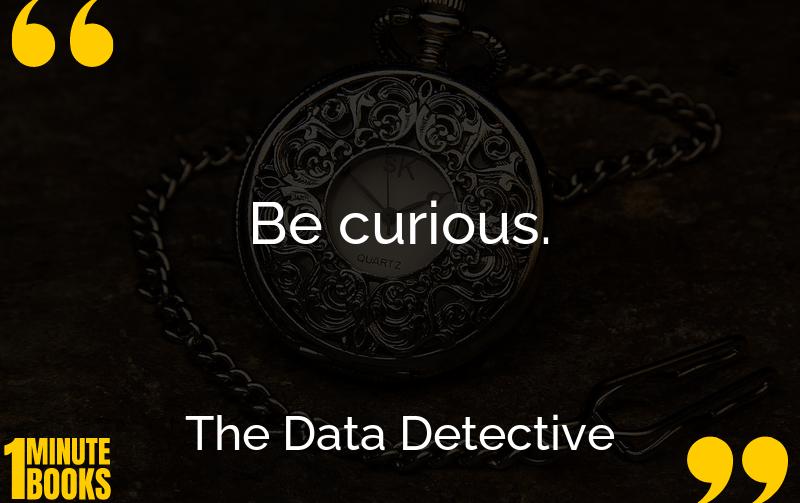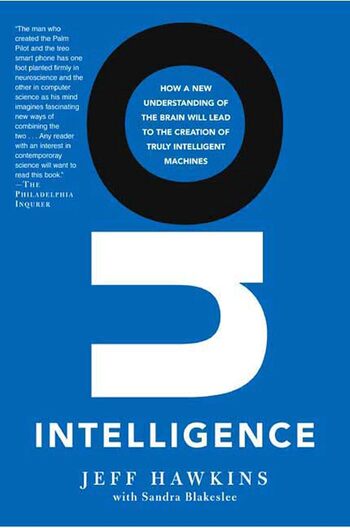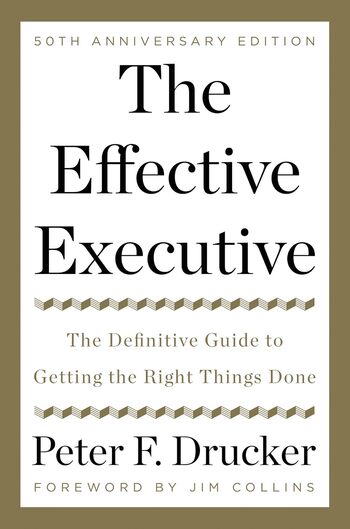
The Data Detective by Tim Harford offers ten principles to help readers make sense of statistics and understand how to use data for sound judgment. It focuses on a broad scope of thinking with statistics and evidences the value of scientific reasoning.
Main Lessons
- 1. Understanding statistics helps us make better sense of the world.
- 2. Emotions play a role in how we interpret data. Acknowledging them can refine our reasoning.
- 3. Avoid rushing to conclusions without examining all available evidence.
- 4. Look at the bigger picture, not just immediate data points.
- 5. Context matters: learn the backstory before making a judgment.
- 6. Identify whose voices are missing in data presentations.
- 7. Demand transparency in data interpretations; question automated conclusions.
- 8. Fundamental statistical concepts should not be taken for granted.
- 9. Misinformation can sometimes appear convincing; staying informed is key.
- 10. Cultivate an open mind, which helps enrich our understanding of complex issues.
- 11. Balance between rigorous knowledge and identity or aesthetic preferences is necessary.
- 12. Optimism combined with responsible effort can lead to meaningful insights.
- 13. Knowledge requires us to challenge political and technological forces that distort truth.
- 14. Curiosity should guide our exploration of statistics.
- 15. Encouraging transparency and valuing statistical agencies is crucial for informed societies.








